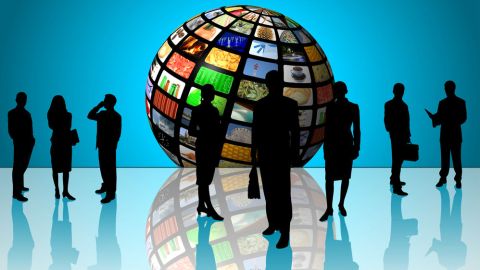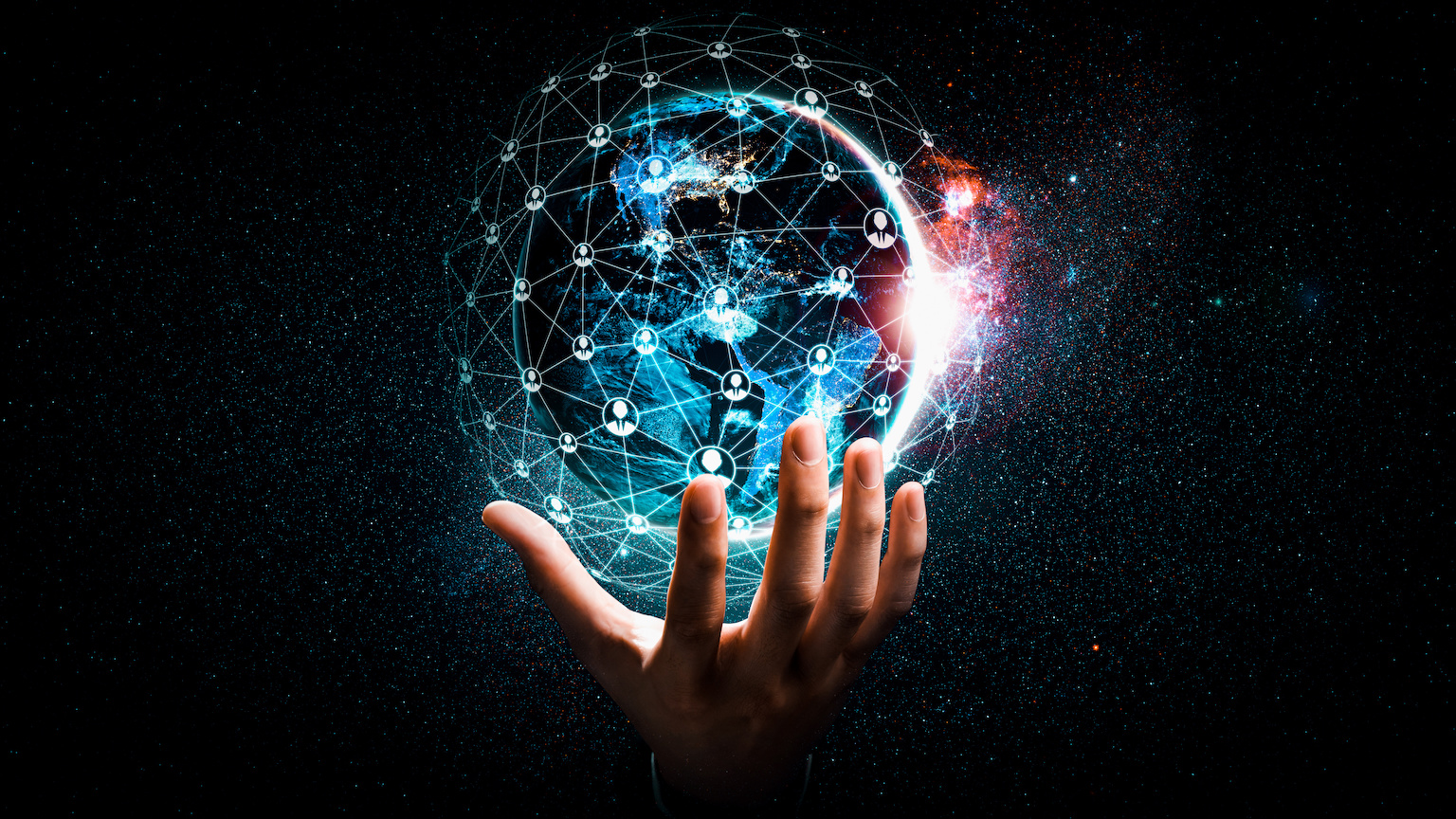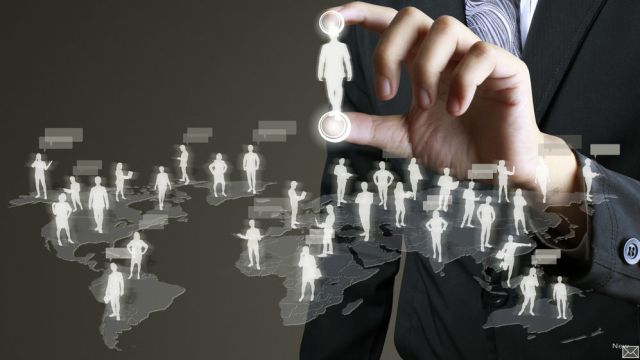Who Wants to Run the World?

What’s the Big Idea?
David Rothkopf remembers sitting in the office of Robert Rubin, Secretary of the U.S. Treasury under Clinton, and asking him whether he had any regrets about the dismantling of industry regulations over which the administration had presided in the 1990’s. “Too big to fail isn’t a problem with the system. It is the system,” Rubin told him at the time.
As Under Secretary of Commerce for International Trade, Rothkopf oversaw the International Trade Administration during the 1990’s. What Rubin meant, he explains, is that as the world’s multinational institutions get bigger, so too do its financial institutions.
And the world’s multinational organizations, from corporations to NGOs, are getting very big. At 1.7 million, the number of people employed by Wal-Mart is larger than the government of New Zealand.
What we’re witnessing is a fundamental shift in the way our society is organized that is every bit as significant as the transition from feudalism to capitalism. “The international lay of the land is not what is taught in graduate schools. It’s not about state-to-state relations. It’s about state relations with non-state actors, non-state actor relations with semi-states,” says Rothkopf.
Google versus Facebook. Silicon Valley versus Hollywood. Wall Street versus Main Street. Increasingly, the rivalries and alliances that define our lives have nothing to do with kings, queens, or Congress. Many of the political and economic decisions that define our lives are now made by private, not public entities — and they’re acting in a way that puts their self-interest as organizations above the self-interest of the countries in which they operate.
Why? Private companies and philanthropic organizations are not accountable to people at large, but to shareholders: as Rothkopf puts it, “The people don’t determine how their assets are going to be used.” In the case of Facebook, for instance, the physical commons—the personal relationships we have in public spaces—are being replaced by the digital commons. But terms of service agreements and (often) lack of transparency limit the power of the individual and the community to control what we once thought of as fundamentally ours. Data, status updates, shopping habits: these become the property of whatever web site or service you happen to be using.
What’s the Significance?
“We can’t sort of shrug it off and say oh yeah, these rich guys they’ll take care of us,” says Rothkopf. “Warren Buffet is going to give a certain amount of his money and that’s going to make everything better. That’s not the same as having an effective government reallocating assets of everybody to the interest that people at large have determined are their priorities.” In Rothkopf’s estimation, the rich guys have been doing a very poor job.
Case in point: the United States, where the gap between the rich and the poor is the highest it’s been since the Gilded Age. The 450 richest Americans have a net worth equivalent to the 150 million poorest Americans. That is not just an interesting statistic–it’s a complete breakdown of a society that prides itself on opportunity.
“When you look at the United States at the moment and you think about our future one of the things that you might ask is, what are we good at?” he says. The U.S. used to lead the world in job creation, infrastructure, and innovation. In the past ten years, the only thing it’s taken the lead in is creating institutionalized inequality.
The challenge is about more than casting a vote – it’s about changing the system from the inside out. We need to make institutions accountable again, and not just to the few at the top. The world needs global organizations specifically designed to counterbalance the power of global companies to ensure that they’re acting in the interest of the many people in the world, not just those who own stock in them.
Photo courtesy of Shutterstock.



